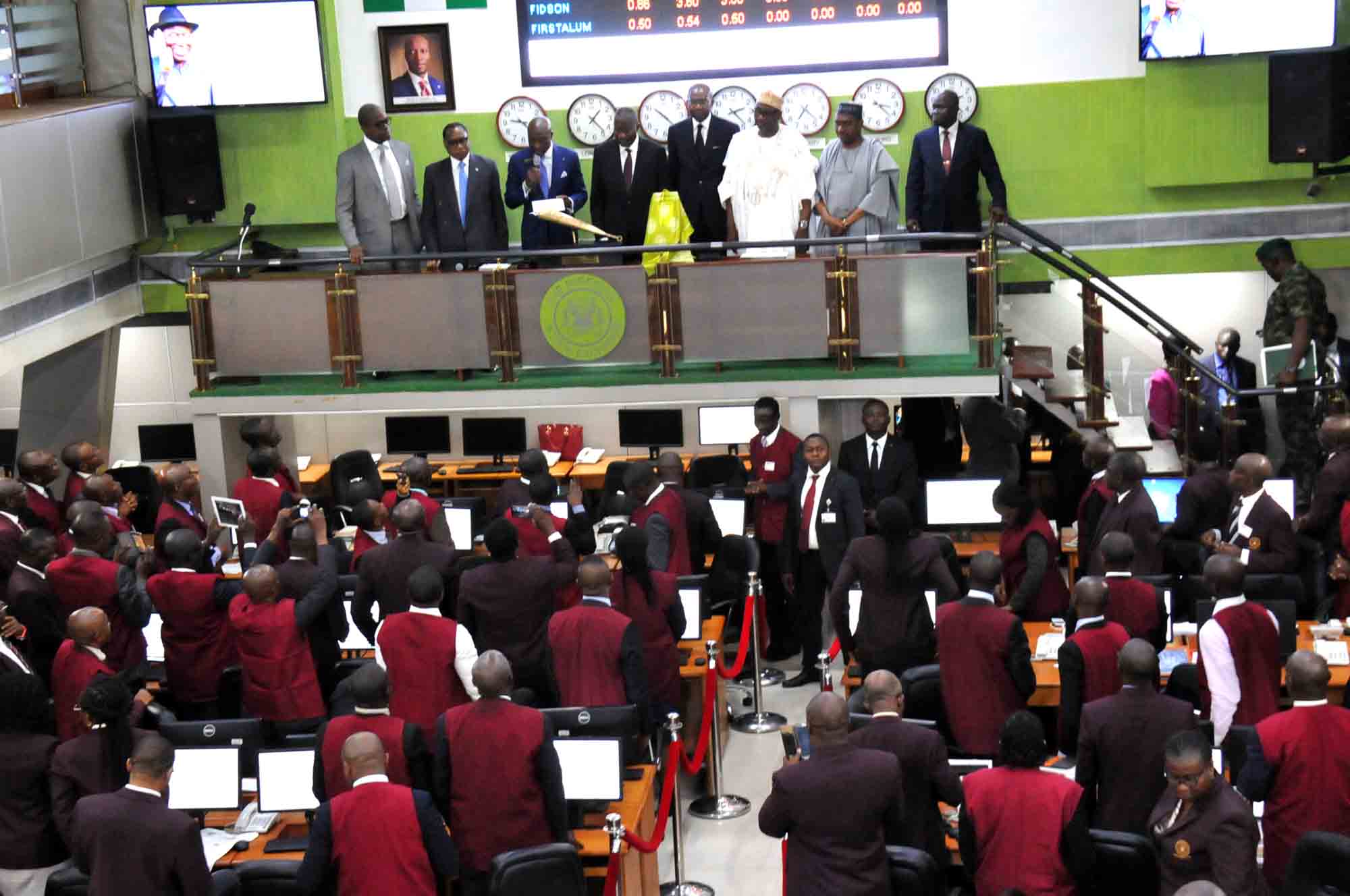Finance
Increased Demand for Banking Stocks Lifts Index by 0.48%

Loans
Akinwumi Adesina Calls for Debt Transparency to Safeguard African Economic Growth
Banking Sector
UBA, Access Holdings, and FBN Holdings Lead Nigerian Banks in Electronic Banking Revenue
Loans
Nigeria’s $2.25 Billion Loan Request to Receive Final Approval from World Bank in June
-

 Forex3 weeks ago
Forex3 weeks agoZiG to the Rescue: Zimbabwe Shifts Gear with New Currency Backed by Gold
-

 Naira2 weeks ago
Naira2 weeks agoDollar to Naira Black Market Today, April 9th, 2024
-

 Billionaire Watch2 weeks ago
Billionaire Watch2 weeks agoNigerian Billionaire Tony Elumelu Contemplates Acquiring NPFL Club
-




 Naira3 weeks ago
Naira3 weeks agoDollar to Naira Black Market Today, April 8th, 2024
-







 Naira2 weeks ago
Naira2 weeks agoNaira Hits Eight-Month High at 1,120/$ Amidst Central Bank Reforms
-





 Naira1 week ago
Naira1 week agoDollar to Naira Black Market Today, April 17th, 2024
-





 Naira4 weeks ago
Naira4 weeks agoDollar to Naira Black Market Today, April 1st, 2024
-







 Naira1 week ago
Naira1 week agoDollar to Naira Black Market Today, April 18th, 2024
























